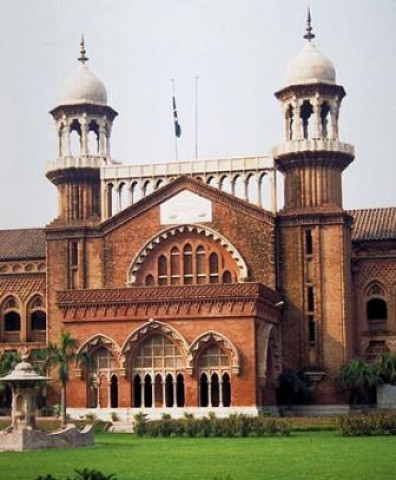Punjab terrorism: Cases pile up as evidence remains blocked
Interior secretary directed to resolve matter of providing police direct access to phone logs.

The meeting, held at the library hall of the Lahore High Court, was convened to follow up on decisions taken in an earlier meeting held on January 16 in the Supreme Court.
The main agenda of the meeting was to review and assess the decisions taken in previous meetings regarding traced and untraced cases, arrest of proclaimed offenders (POs), court absconders (CAs), constitution of joint investigation teams (JITs) and establishment of modern forensic labs, sources revealed.
The interior secretary, provincial secretaries, judges of anti-terrorism courts across Punjab and senior police officials attended the meeting.
Access to data
Justice Shakirullah, who is also the monitoring judge of anti-terrorism courts across the country, particularly expressed concern over non-compliance of court orders regarding providing police direct access to mobile phone logs of suspects.
The Punjab police had been seeking direct access to mobile phone logs of people involved in criminal activities, particularly in cases of terrorism and kidnapping for ransom.
As police do not have the authority to directly contact telecom companies to access such data, they usually turn to the Inter-Services Intelligence and the Intelligence Bureau for assistance. However, the lengthy process usually causes delays in investigations of important cases.
The interior secretary has been directed to resolve the matter within 10 days.
Police proposal
A draft proposal submitted by the Punjab police at the meeting called for upgrading detection techniques, including the use of mobile phones, to trace criminals.
The draft stated that the reluctance of security agencies to share data or testify in courts “weakened the data’s evidentiary value”. Direct access to data, the draft stated, would benefit police in detecting and preventing crimes and prosecuting criminals.
Police also called for training its personnel in tracking suspects by IMEI and IMSI numbers.
Published in The Express Tribune, February 5th, 2012.


















COMMENTS
Comments are moderated and generally will be posted if they are on-topic and not abusive.
For more information, please see our Comments FAQ